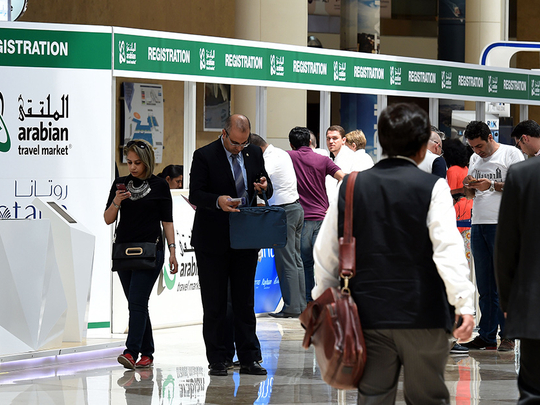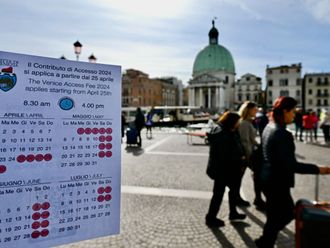
Dubai: Dubai is looking for growth in its mid-market travel sector this year as challenging global and regional economic conditions weigh on consumer confidence.
Ongoing global and regional economic concerns mean the Middle East’s largest travel and trading hub needs to diversify its source of tourists.
Dubai is targeting 7 per cent to 9 per cent annual compound growth in visitor numbers as it heads towards 2020, although one of the emirate’s top tourism executives admits 2016 could be a tough year.
“It’s going to have its own challenges,” Issam Kazim, the chief executive of Dubai Corporation for Tourism and Commerce Marketing, the government agency responsible for promoting the emirate, told reporters on Sunday.
In effort to encourage investment into the mid-market travel segment, the Dubai government in 2013 announced a five-year exemption for three- and four-star hotels from a 10 per cent room tax.
“We need to make sure Dubai caters for a much wider options base,” Kazim said.
From Monday, Dubai hosts the four-day Arabian Travel Market, the region’s largest travel and tourism exhibition. Organisers say 26,000 visitors will attend this year’s exhibition, the same as 2015 when there was a 15 per cent growth in visitor numbers.
Nadege Noblet-Segers, exhibition manager at the Arabian Travel Market, said she was “optimistic” there will be an increase in visitors with registrations so far exceeding 26,000.
The mid-market is a “key area of opportunity” for Middle East destinations “looking to diversify its source market and attract a larger volume of visitors,” she said.
Well known for its luxury five-star hotels, Dubai attracted 14.2 million overnight visitors in 2015, a 7.5 per cent increase over the previous year.
Visitors from Russia, once a key source market for Dubai, have disappeared in recent years as European and American sanctions combined with low oil prices take their toll on the Russian economy. But an increase in Chinese and Indian travellers, the latter toping one million in 2015, has made up for this, Kazim said. “There is still a huge appetite for Dubai,” he said.
But Kazim admits there is a perception issue when it comes to selling Dubai as a mid-market destination.
“It’s about the misconception people have about Dubai, about the affordability,” he said.
Dubai’s bid to grow the mid-market segment has drawn the attention of other stakeholders. Emaar, one of the largest property developers in the emirate, will open its first mid-market hotel, Rove, this year, Chris Newman, corporate director of operations at Emaar Hospitality, said at the press conference.
Last year, Emirates, the Dubai-owned airline, created a new vice-president position responsibly for growing Dubai as a holiday destination, said Emirates executive vice-president and chief commercial officer, Thierry Antinori.












